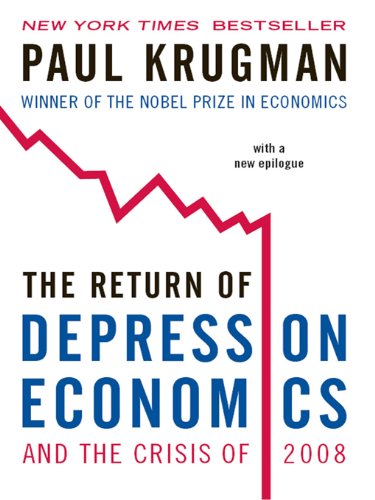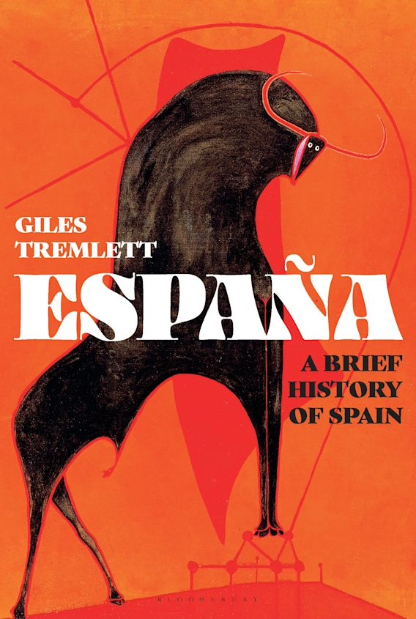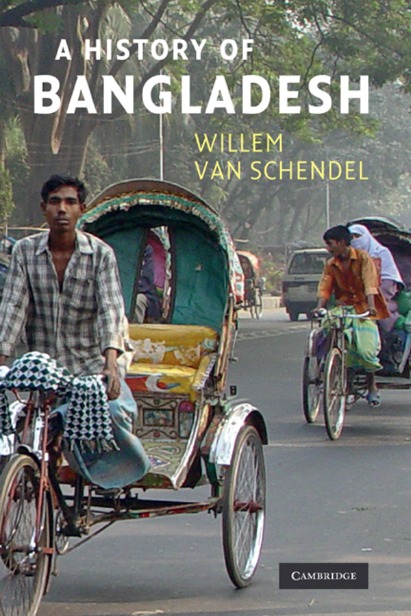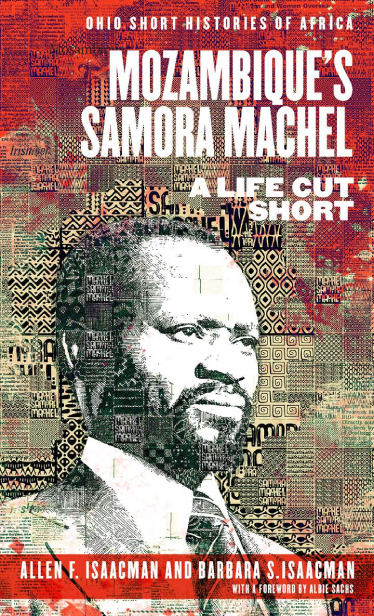Washington Bullets: A History of the CIA, Coups, Assassinations, Vijay Prashad, Monthly Review Press, 2020, pp. 162, ISBN: 978-1-58467-906-7
With characteristic revolutionary flair and apparently endless erudition, Indian Marxist scholar Vijay Prashad has written a book outlining the changing dynamic of US imperialism over the past century. Much like his other work, such as Poorer Nations or Red Star Over the Third World, Washington Bullets tells the story from the standpoint of those who resisted the onslaught, of fighters and survivors. Other than a documentary chronicle of US aggressions, it is likewise a testament to human resilience and desire to be free. In his book, Prashad shows that imperialists continue to use both literal and metaphorical bullets to mow down and stymie revolutions, land distributions, processes of decolonization, labour rights, and environmental protections in order to maximize the theft of resources, labour and wealth.
The CIA officially came into existence after Truman signed the National Security Act of 1947, merging the Office of the Coordinator of Information and subsequent Office of Strategic Services into a body officially tasked “to secretly fund intelligence operations and conduct personnel actions outside of standard US Government procedures.” However, it would be misleading to assume that covert and blatant US interventionism began in 1947. As Prashad shows, the arc of imperialism stretches farther back. In the first part of his book, he takes an institutional look at the emergence and consolidation of colonialism. He shows that such ostensibly high-minded institutions as the First, Second and Third Geneva Convention (1864, 1929, 1949) emerged out of a sense of outrage at the machinery of death and the numbers of European people killed. The Conventions were aimed at regulating inter-European battles but conveniently excluded colonial wars and liberation struggles. Wars of national liberation were added to the Convention only in 1977, with the Additional Protocol I. European barbarity thus obtained a free pass to wreak havoc abroad. The Italians carped bombed Libya in October 1911, while the Belgians mutilated and killed millions in the Congo and the British dropped bombs over Iraq in 1924. “The brutality would run long past the creation of the United Nations, long past the slogan ‘never again’ came out of disgust at the Holocaust,” says Prashad. Dominant international institutions and principles arose out of, regulated and upheld the interests of the powerful at the expense of the Third World.
Great power dominance is reflected in the UN at present. Five permanent member states, mostly former colonial masters, determine the existence of any threat to peace, breach of the peace, or act of aggression in the world. Articles 41 and 42 of the UN Charter allow crippling sanctions to be imposed on nations or outright military intervention if these five members deem it necessary. Before the collapse of the USSR, there existed a bulwark against complete lawlessness as it acted as a shield for Third World liberation struggles, fielding the first 56 vetos in the UN Security Council. Not having found an outlet for furthering its interests in the UN, the US formed regional organizations and military pacts. OAS in 1948, NATO in 1949, SEATO in 1954, CENTO in 1955, these organizations attempted to co-op newly independent nations or kept those historically dominated by the US close. Prashad shows how force, deception and outright murder were used to keep the rabble in line and communists out of government. These methods helped constitute ‘the Free World,’ portrayed as liberal and democratic while branding those resisting the US as totalitarian and oppressive, thus delegitimizing anti-colonial liberation struggles.
However, as the United Nations General Assembly noted in 1960, “the process of liberation is irresistible and irreversible.” Many a nation around the world refused to kowtow to the US. They partnered in the Non-Aligned Movement, within which the Tricontinental advocated for the revolutionary overthrow of capitalism and complete independence along the lines of Cuba’s revolution of 1959. People from Guinea and Cape Verde, to Vietnam and Malaysia, would attempt to liberate themselves from the grip of colonialism but would suffer mortal blows, bordering genocide, as happened to the Indonesian Communist Party’s supporters. The latter were, with the complicity of the US and Australia, killed in millions. The reason for this can be found in government documents Prashad unearths. In the Kennedy administration’s Overseas Internal Defense Policy of 1962, it is stated that the US ought to act overseas to prevent a communist takeover in order to protect its economic interests by assuring the availability of resources and markets of the less developed countries. By seeking to control cheap resources and labour, the US government acted to protect the interests of the propertied West, who used these low-cost inputs to increase their profits. Sometimes, as was the case with the Dulles brothers, members of the US government urged action to protect their own interests in the overseas companies engaging in exploitation.
Washington Bullets indicts the CIA, as the operational arm of US imperialism, by seamlessly moving across the world and shedding light on all the places it left in the dark. Examining interventions across the world, Prashad outlines a pattern used for regime change. First, public opinion had to be lobbied to ensure the image of the free world was not tarnished. This was done by keeping the US involvement hidden out of plain sight. Ambassadors, spies and hardened anti-Communists were given the role of organizing operations on the ground, which often involved foreign countries’ militaries. To dissociate the masses from the regimes, the US leveraged its dominant economic position and the control of international financial institutions such as the IMF to “make the economy scream.” Refusing credit lines, stalling debt restructuring and imposing austerity led to inflation and decline in living standards, which created conditions for the CIA to buy crowds on the street, as was the case with the coup against Goulart in Brazil. If these mass protests did not help replace the government, then outright assassination had to take place. Infamous kill-lists were circulated to paramilitaries and gangs with names of prominent Marxists and Communists. Operation Condor, funded by the CIA, began in 1968 and brought together right-wing dictatorships in Latin America who hunted and killed around 100 thousand people, mainly leftists, union leaders, intellectuals, priests and suspected guerrillas across the continent. Phoenix Program in South Vietnam killed tens of thousands of alleged Viet Cong supporters. Noam Chomsky was one of the rare voices pointing to these atrocities as they were occurring; however, with the passage of time and the opening of archives, the whole world can see documentary proof of the organized terror unleashed against the Third World and the scale of atrocities that took place.
The US remains the world’s strongest military, capable of waging asymmetrical wars. Military might is coupled with economic and cultural dominance, which enable the country to wage hybrid wars. Prashad defines hybrid wars as “a combination of unconventional and conventional means using a range of state and non-state actors that run across the spectrum of social and political life.” Conditional political pressure, crippling sanctions or aid as a way of keeping a country in permanent dependency are but a few examples that fit the hybrid war framework. Prashad illustrates the changing dynamic of imperialism and shows that the staggering breadth and depth of involvement by the US in countries around the world continues to this day.
Washington Bullets is not a comprehensive history of the CIA and its coups and assassinations, but a primer that researchers and activists can use to pursue their avenues of research. It is an impassioned defence of anti-colonial struggles and a rallying cry for comrades to stand up to imperialism.




